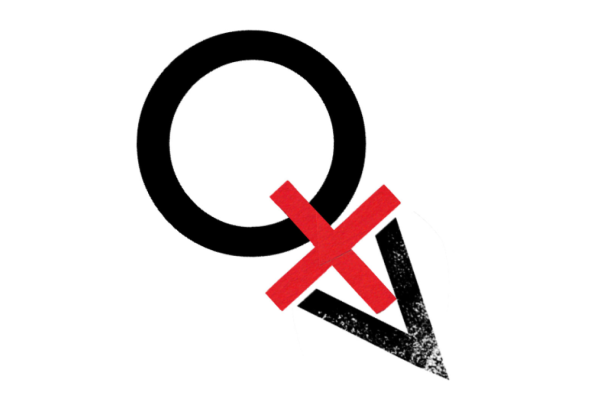Picture it: you’re at the 7-11 looking for some snacks and a bottle of water to get you through the day and while in line you decide to buy a pack of cigarettes. There are a few people in front of you so you’re not really paying attention, fiddling with your iPod when you hear, “Sir?”
You look up and move towards the counter and in nod at the cashier’s pleasantries. You look at the wall behind the counter and ask them quietly for your preferred brand of smokes, smiling slightly when all of a sudden the cashier says, “Can I see your ID?”
Grudgingly, you hand over your card and avoid eye contact as they survey you. Once the transaction is complete, you round your stuff up quickly and try to avoid the inevitable, but you’re not fast enough. “Have a good day, ma’am!”
I know what you’re thinking. They didn’t know. It wasn’t intentional. They probably felt embarrassed for misgendering, right? Yes. You’re right, but it doesn’t change the fact that I don’t like that there are qualities about myself that still identify me as a female-bodied person.
A perfect example would be my job. Working in the restaurant business is hard. I have to mentally prepare myself for the typical stresses that come with being a server as well as those that come from not being cisgender (a person whose perception on gender matches their sex).
I start my routine by getting up in the morning, slicking my hair into a coif, and making sure that my black button down shirt is uniform and in decent shape (Bam! Butch chic). While at work, I prepare myself to approach customers confidently with the lowest voice I can manage, but as soon as I get to work, the low rumble that I as well as my customers am expecting is upstaged by my “customer service” voice.
You know, the high-pitched, sweet bubbly voice that drips with feminine venom? Yeah.
And it’s so frustrating! Now, not only are the customers confused, but also I have do deal with being bombarded with “Ma’am” for the rest of the day.
And the reason why it’s so infuriating is because I work in a very gender binary and sexist environment. The women I work with are all conventionally feminine, the men are conventionally masculine, and then there’s me. Customers don’t know how to deal with me when they first come see me. I see them trying to calculate whether or not I’m a male or female. Man or woman.
Why is that? So they know how to speak to me. That’s right. The gender box is ever prevalent even in the most unassuming parts of society.
My customers and co-workers are a lot more friendly and easy-going when they don’t assume anything about me, yet as soon as they decide that I’m “a woman,” I am looked down upon or treated like something fragile. It’s sex and gender discrimination at its most basic and not only is it something that trans, queer, and women folk deal with all the time, it’s something we can lose our job over.
It’s a big deal and it can be emotionally exhausting. I don’t get upset because people misgender me. I get upset because I’m forced into a box that I did not consent to in order to make someone else comfortable, and I get upset that people refuse to acknowledge and respect my identity because there are still physical characteristics that I have that seem to justify the world’s assumptions.
Boi Problems 102: What’s in a Name? >>


